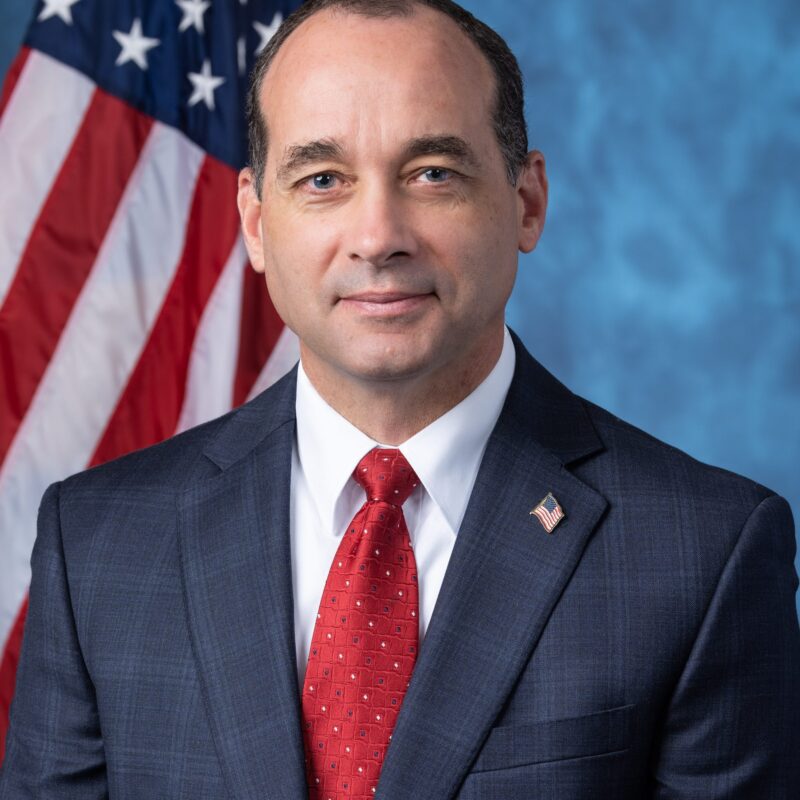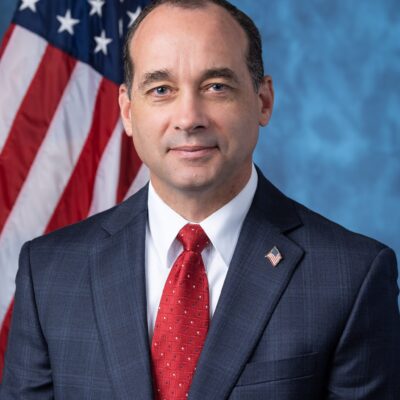This term’s undergraduates have fled campus, and their exams are now but painful memories and piles upon professors’ desks. Yet what will happen if, in slogging through that stack, a faculty member or teaching assistant comes across what appears to be cheating?
They might discuss it with a colleague, or perhaps even with the student —but chances are pretty darn slim they’ll take it to the Honor Committee, according to a recently released survey on faculty knowledge and opinion of the honor code. Only 1 percent of faculty and teaching assistants surveyed say they report suspected cheating to the Honor Committee —while 28 percent say they do nothing. Even when it’s observed directly, only 16 percent report it the Honor Committee.
Why the reluctance? Sixty-five percent say it’s because there’s simply not enough evidence (these are academics, after all—not exactly a “shoot first, question later” crowd). But a sizable minority cite another concern: single sanction.
The Honor Committee, a board of 23 students, enforces UVA’s honor code and defines an honor offense as “an intentional act of lying, cheating or stealing which warrants permanent dismissal from the University.” Expulsion is the only punishment—it doesn’t matter whether you turned in a Christopher Hitchens column as your own final politics paper or you let a friend sneak a peek at your weekly computer science problem set. If you did it on purpose, you’re supposed to get the boot.
Advocates for this “single sanction” say that honesty is too important a foundation to compromise in any measure and that lowering the standard suggests that the University tolerates dishonesty. But 31 percent of faculty and TAs say they didn’t report infractions because “single sanction was too strong a punishment for the level of the infraction” and 21 percent say they “did not want to be responsible for having a student dismissed from the University.” By far the most frequently cited way of improving the system: Change single sanction and create alternate punishments.
Honor Committee Chair Alison Tramba says that the single sanction “is certainly a topic for debate” and the question of whether to change single sanction will be on the student body ballot in the spring. The Honor Committee will release a formal response to the faculty survey results in January. See the survey results at www.virginia.edu/surveys/honor.





